A harmful animal species arrived in Finland – so volunteers are now collecting poop from the eastern border forests
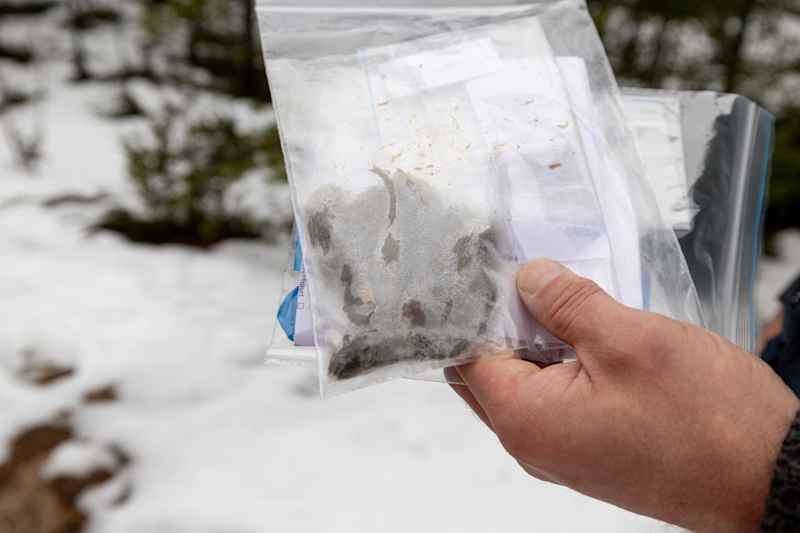
The Natural Resources Center has enhanced the collection of wolf DNA samples in Southeast Finland. The Hunters’ Association pays a wolf and male fecal sample reward.
– There are clearly front nails. From the tracks, it can be concluded that two wolves have passed about a day ago, says Korpela.
Korpela also found a feces on the wolf route, which he recovered.
Collection of stools is an accurate task. Do not touch the stool with bare hands.
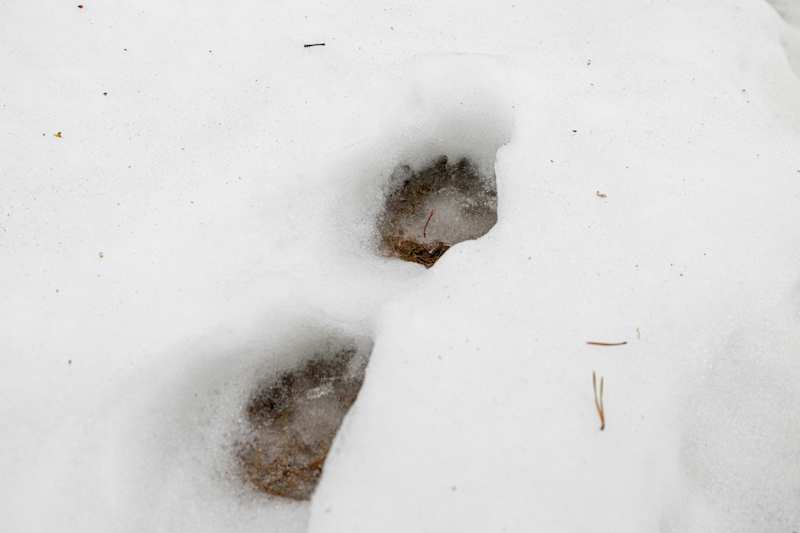
Antti Korpela is one of the volunteers who are looking for and collecting wolves’ faeces samples. He himself is a large predator and a hunter in the area and therefore wants to support researchers’ work to find out the wolf’s DNA.
An important tissue in the stool
– From this it can be concluded that the wolf has had a little food in recent days. There is no deer hair in the stool, so it has eaten some smaller game, says Jan Ylhäinen.
Fecal DNA samples provide researchers, among other things, information on wolves and male wolves from all over Finland and whether the wolf or your dog left over.
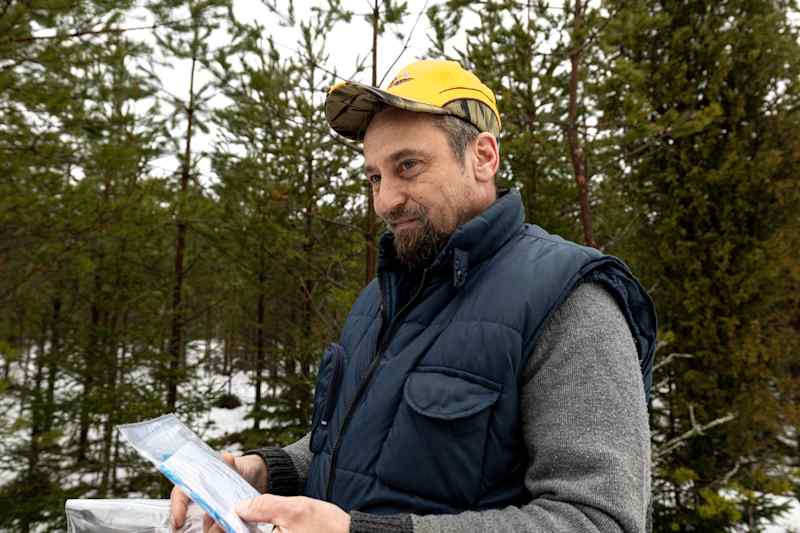
Jan Ylhäinen announces the wolves in the Tassu register maintained by the Game Center, where researchers from the Natural Resources Center collect information on, among other things, the number of wolves in Finland.
A DNA sample survey of the wolf of the Natural Resources Center has revealed that three dogs that have not been detected have been moved in Southeast Finland. In total, a total of five dogs in winter DNA analyzes have been found in Finland.
Your dog is the intersection of a wolf and a dog. It is classified as an alien species in Finland.
Voluntary feces are needed
-Most of these dogs have been observed in southeastern Finland, that is, there is still a local problem.
Possible male fecal samples are examined faster than other samples.
– The goal is to get the results as quickly as possible to the game administration, says Mia Valtonen.
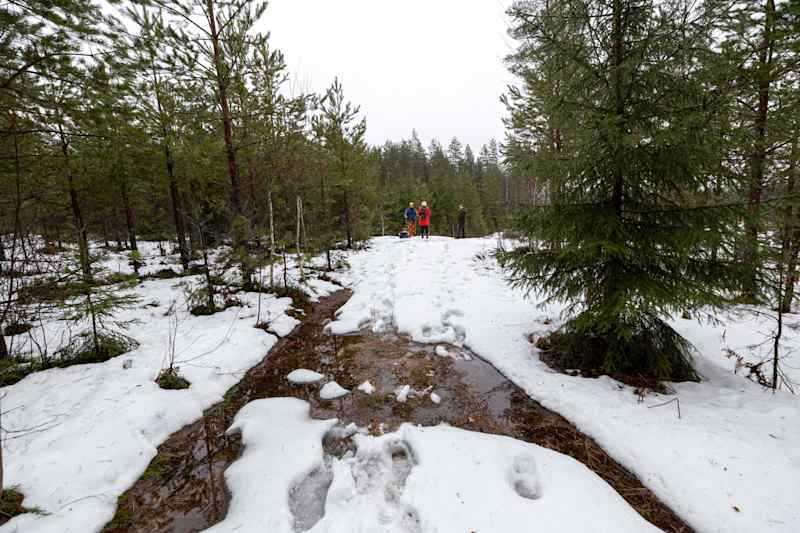
The Natural Resources Center has the ability to examine over a thousand wolves faeces samples. By the beginning of February, Luke has received just over 400 faeces samples this winter in Finland.
More than 30 samples have already been received from Southeast Finland, which is significantly more than in previous years.
Mia Valtonen considers the contribution of volunteers to be very important for research and coverage.
– Identifying and removing dogs from nature is important to maintain the species of wolf.
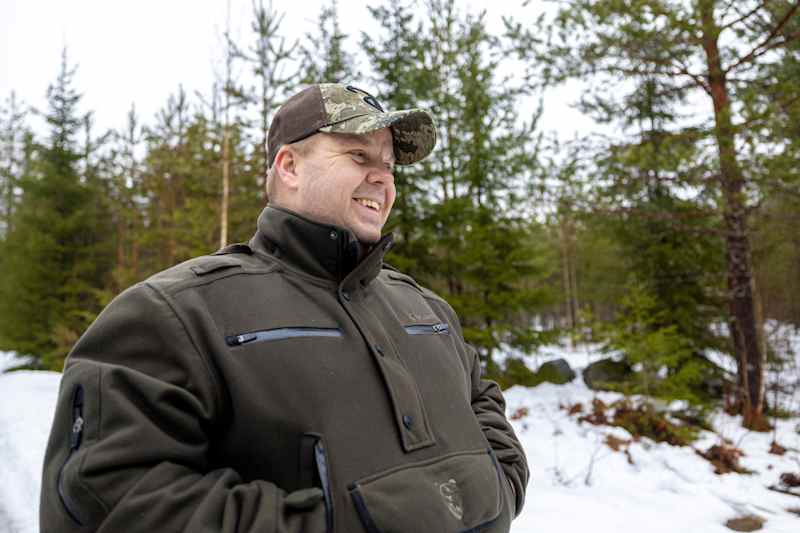
Senior researcher Mia Valtonen considers it important that there are enough faecal samples from all over Finland.
– For example, it has been challenging from Kainuu to get a sufficient number of samples.
The Hunters’ Association pays the hunting club for a wolf’s DNA sample collected in the winter of 2024-2025 as a collection fee of 50 euros for one wolf or male sample. The collection of faeces samples will continue until the end of February.
